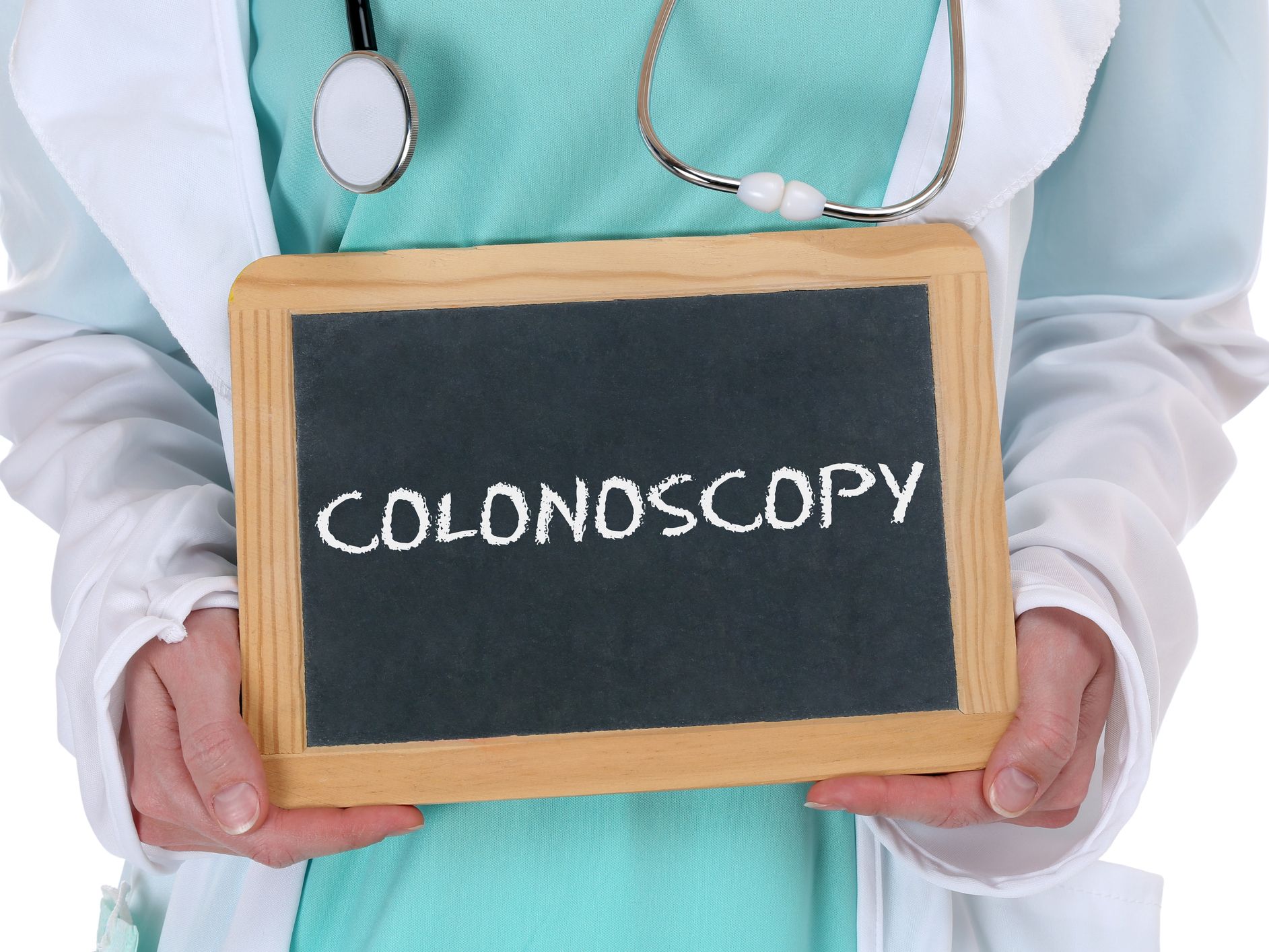Get Easy Health Digest™ in your inbox and don’t miss a thing when you subscribe today. Plus, get the free bonus report, Mother Nature’s Tips, Tricks and Remedies for Cholesterol, Blood Pressure & Blood Sugar as my way of saying welcome to the community!
What to know about colonoscopies and cancer risk

It’s a fact… No one looks forward to a colonoscopy. After all, the prep that keeps you running for the bathroom, not to mention having a scope inserted into your, well… bottom.
It’s no wonder that studies have proven that most people wait years to get their first colonoscopy even after their doctor tells them it’s necessary and their family and friends beg them to have one.
However, if you’re due for this colorectal screening test, waiting is not the answer.
In fact, if you want to prevent colorectal cancer (the second leading cause of cancer-related death in the United States), following the guidelines for regular colonoscopies is a must.
Here’s why…
The value of colorectal screening
A new study by Kaiser Permanente, published in JAMA Internal Medicine, set out to find evidence supporting the 10-year recommended screening interval after a colonoscopy with normal findings since prior to the study, there was little to no proof that the interval decreases the risk of colon cancer.
To help address the evidence gap for when to rescreen, the study examined the long-term risk of colorectal cancer and deaths after a negative colonoscopy in comparison to no screening in more than 1.25 million members of Kaiser Permanente in Northern California over a period of 17 years.
Yup, this was no flash in the pan study.
They followed one and a quarter million people over 17 years and here’s what they found…
“Our study shows that following a colonoscopy with normal findings, there is a reduced risk of developing and dying from colorectal cancer for at least 10 years,” said study leader Jeffery Lee, MD, Kaiser Permanente gastroenterologist and research scientist at the Division of Research.
In fact, ten years after a normal colonoscopy, members had a 46 percent lower risk of being diagnosed with colon cancer. And even bigger, those members also were 88 percent less likely to die from colorectal cancer compared with those who did not undergo colorectal cancer screening.
Those are some serious benefits!
“These findings suggest that physicians can feel confident following the guideline-recommended 10-year rescreening interval after a negative colonoscopy in which no colorectal cancer or polyps were found. There is now solid evidence supporting that recommendation,” continued Lee.
What to expect with a colonoscopy
The screening age for first colonoscopy has been moved up from 50 to 45. Then if it’s negative for polyps, you only need to repeat the test once every 10 years. However, if polyps are a problem, you can expect to follow up in three to five years.
You will need to go through a bowel prep prior to the procedure. And, it’s vital that you follow all directions to ensure your colon is completely cleansed since studies show that one in three colonoscopies is worthless thanks to patients not emptying their colons sufficiently.
Expect to be sedated for the procedure so be prepared and bring someone to drive you home. If the doctor does find a polyp, they will send it out the lab for testing.
In addition to regular colonoscopies to screen for colon cancer, it’s also important to increase your vitamin D intake, since high levels are associated with a 22 percent decreased risk of cancer.
It’s also important to avoid couch potato disease since a Columbia University Mailman School of Public Health in New York study found a 45 percent increase in colorectal adenoma recurrence for men who spent the most time sitting down during the day.
More than 1,000 people every week die from colorectal cancer in our country alone. Decrease your risk and stay cancer-free by getting regular colonoscopies and following the other tips above.
Editor’s note: Discover how to live a cancer prevention lifestyle — using foods, vitamins, minerals and herbs — as well as little-known therapies allowed in other countries but denied to you by American mainstream medicine. Click here to discover Surviving Cancer! A Comprehensive Guide to Understanding the Causes, Treatments and Big Business Behind Medicine’s Most Frightening Diagnosis!
Sources:
- Got the Colonoscopy Jitters? — Riverside Health System
- Why Your Doctor Wants You to Get a Colonoscopy — WebMD
- 10 years after negative colonoscopy, study shows lower risk of colorectal cancer and death — American Association for the Advancement of Science (AAAS)
- One Of Three Colonoscopies Are Worthless — Easy Health Options®
- Evade the colon cancer epidemic with one supplement — Easy Health Options®
- Are You Sitting On A Life-Threatening Tumor? — Easy Health Options®












